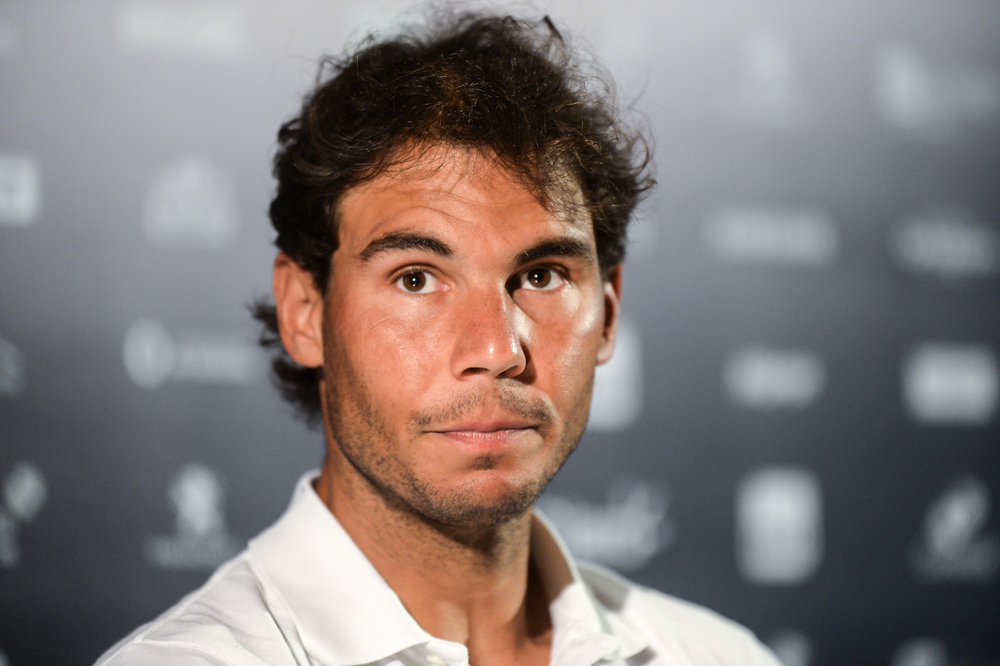
Rafael Nadal is finally putting his foot down when it comes to doping accusations made against him.
The tennis champion announced plans to sue a former French government minister who suggested that his seven-month absence from the sport between 2012 and 2013 was to cover up a positive drug test, Tennis reports.
Roselyne Bachelot, who served as the French minister of health and sports between 2007 and 2010, made the comments last week while speaking with French television station Canal+. She declared that “we know the famous injury of Rafael Nadal when he stopped for seven months was certainly due to a positive test. When you see a tennis player who stops for some months, it is a positive test.”
Nadal insists that he was relegated to the sidelines because of a chronic knee injury and noted that he has never failed a drug test in his career. He also denied having ever taken a banned substance.
“So I gonna sue her, and I gonna sue everyone who gonna comment something similar in the future, because I am tired of that,” he said while competing at the Indian Wells tournament this week. “I am tired about these things. I let it go a few times in the past. Not [any]more, you know?”
“I am a completely clean guy. I worked so hard during my career that when I get injured I never take nothing (banned) to be back quicker,” he told Agence France Presse.
Bachelot has not commented on the pending lawsuit, but has since stood by her comments. She insisted that they were “widely held in the world of tennis and the press…I don’t remember these declarations causing such a stir.”
This isn’t the first time that Nadal has faced doping accusations from French outlets. Former tennis star Yannick Noah accused Nadal of doping in a 2011 newspaper column, while a French satirical TV show insinuated that Nadal was doping during a 2012 broadcast. Nadal suggested afterwards that Noah should be banned from commenting in the media, stating that “this guy deserve not [to] write anymore in the newspaper. What he said is completely stupid.”
The tennis world has been rocked by recent doping scandals after former world No. 1 Maria Sharapova acknowledged last week that she tested positive for meldonium, a heart medication which improves blood flow, during the Australian Open last January. The drug was added to the World Anti-Doping Agency’s banned substance list on Jan. 1, but Sharapova admitted not reading the e-mail sent to her noting the change. The tennis champion said she has been taking the drug legally for the last 10 years, as prescribed by her doctor, for a variety of health issues.